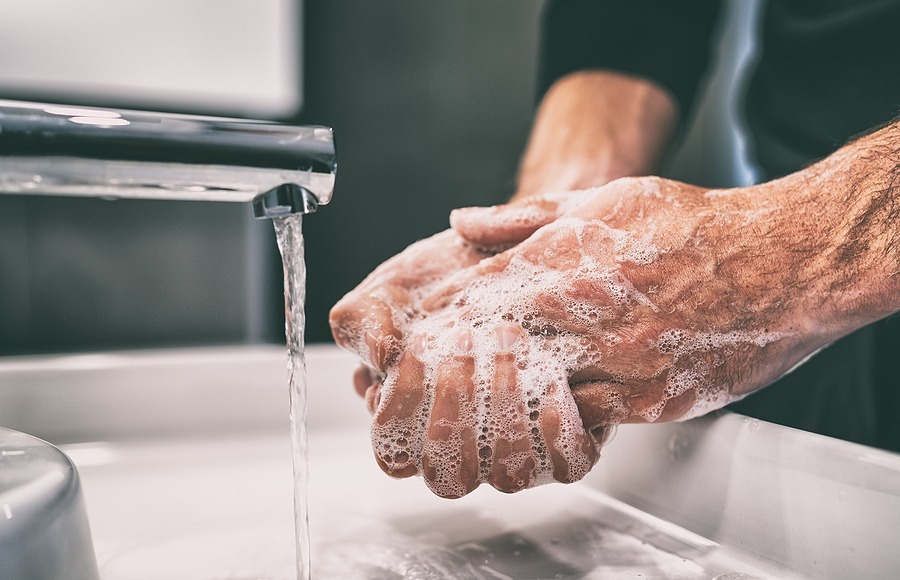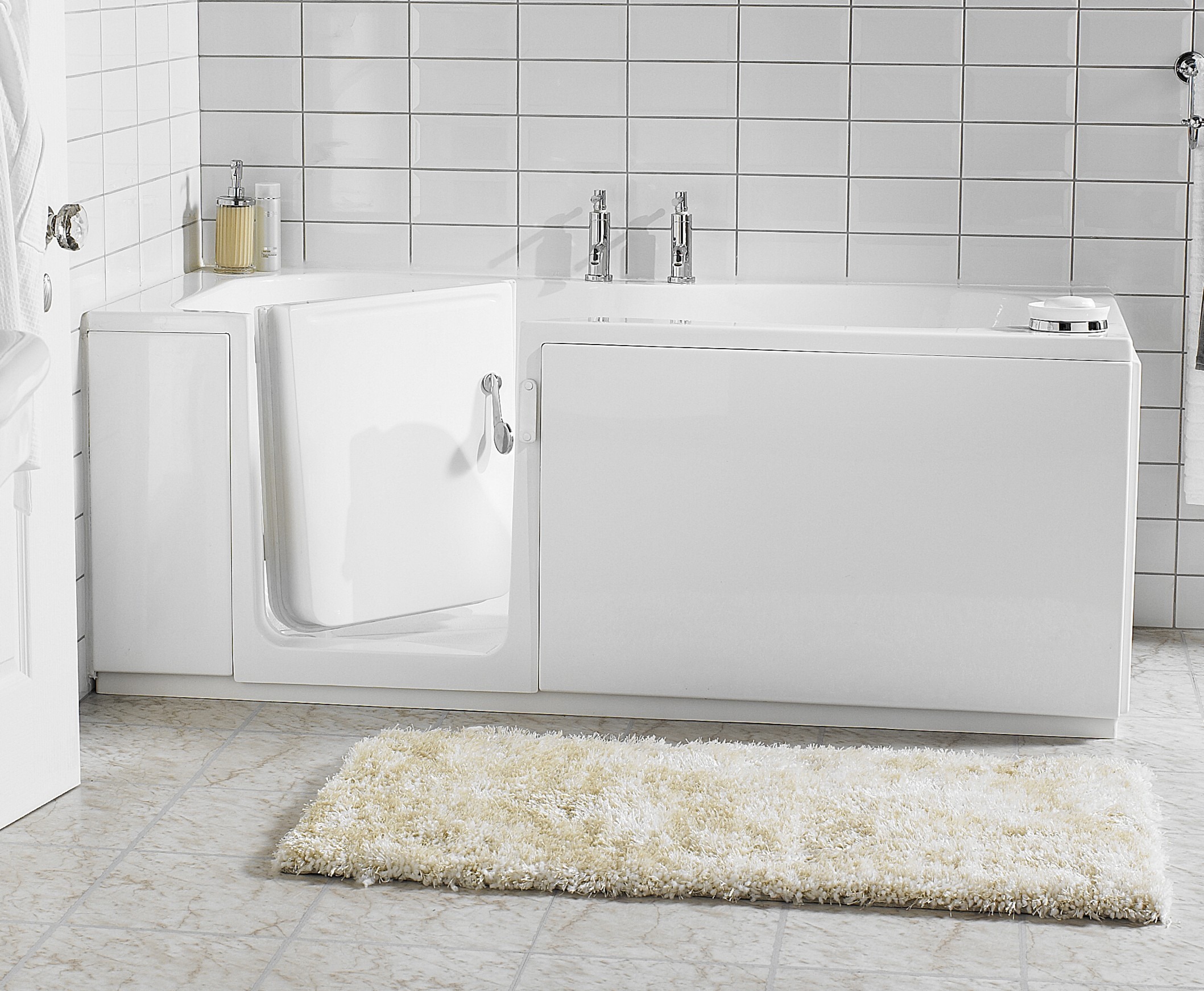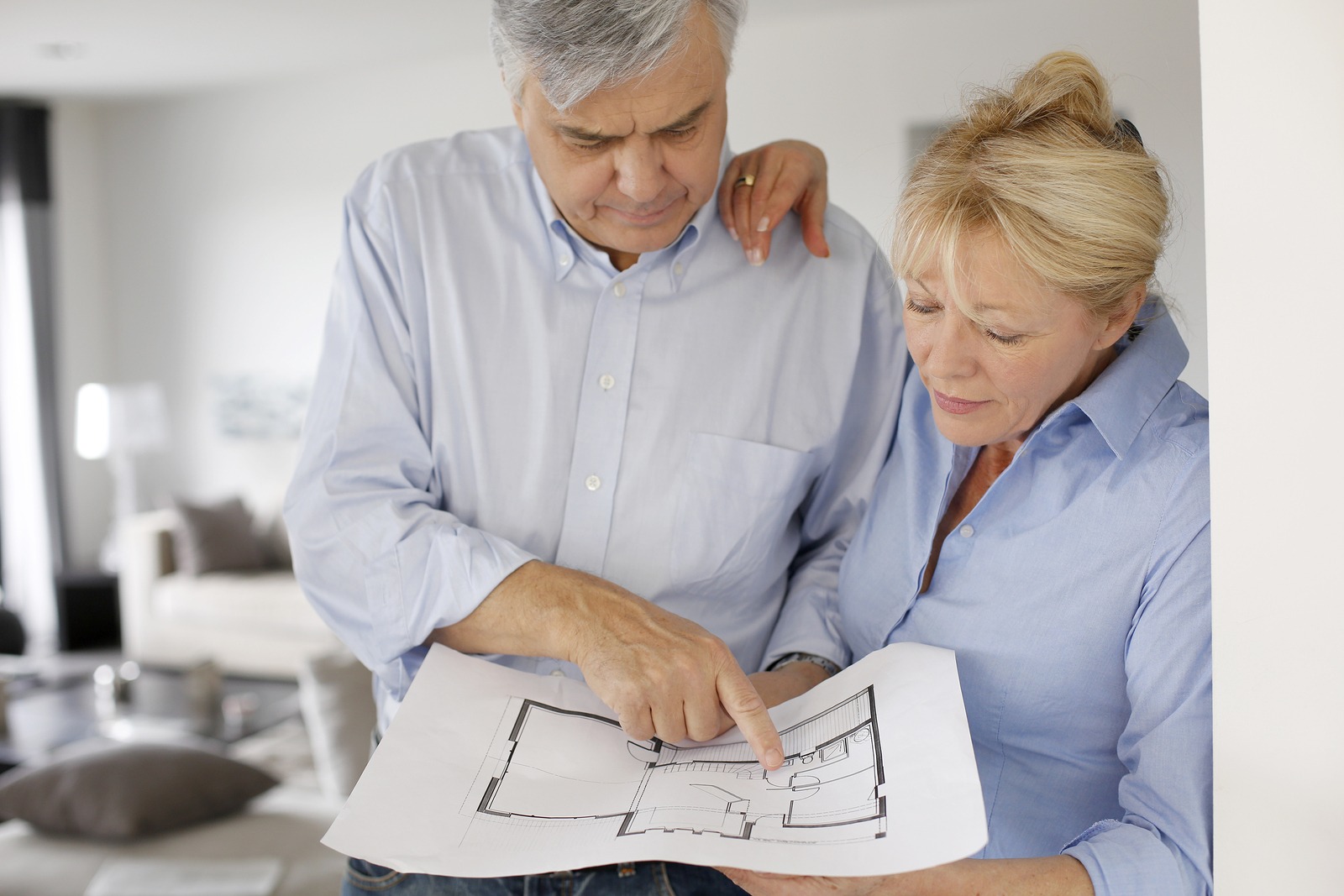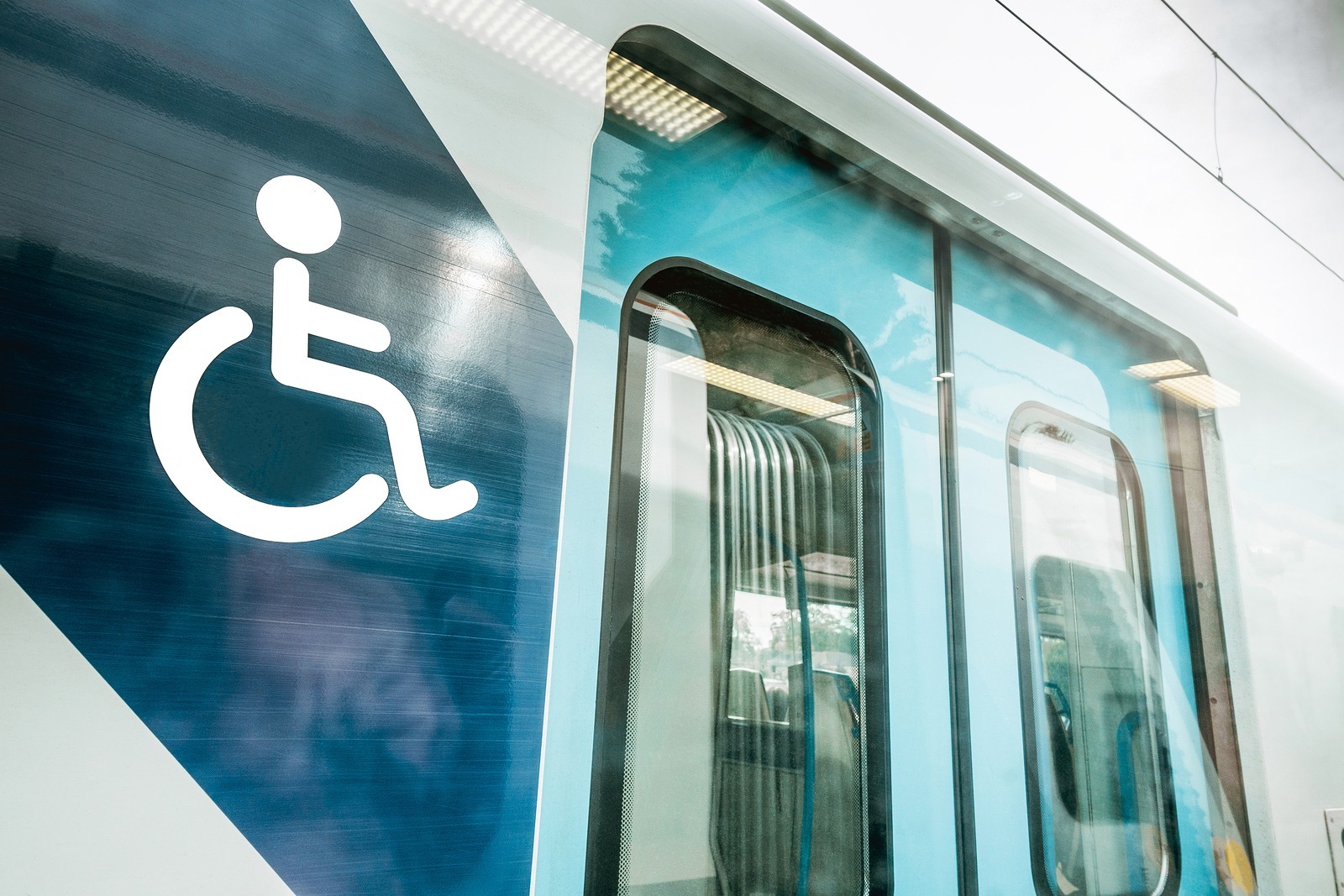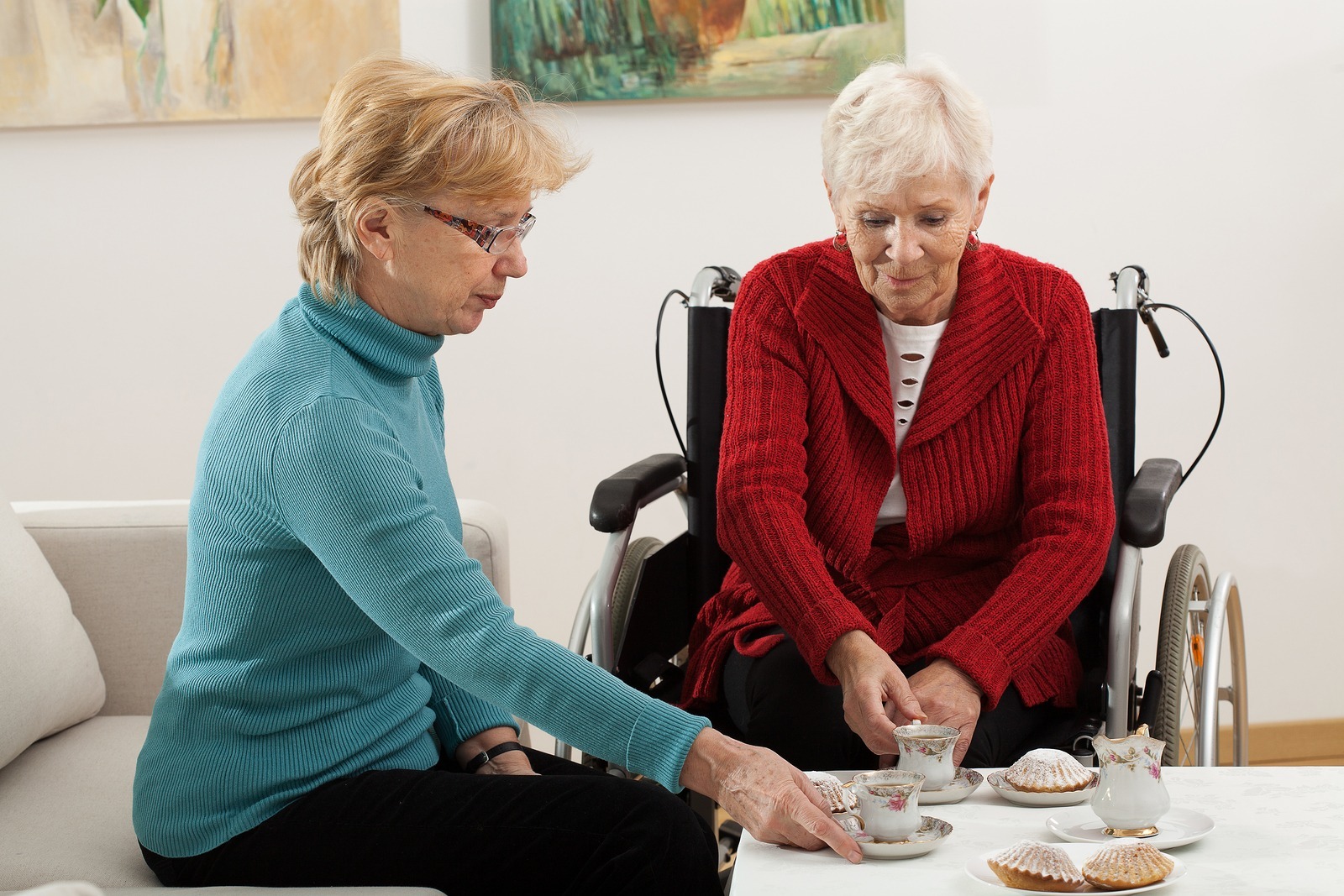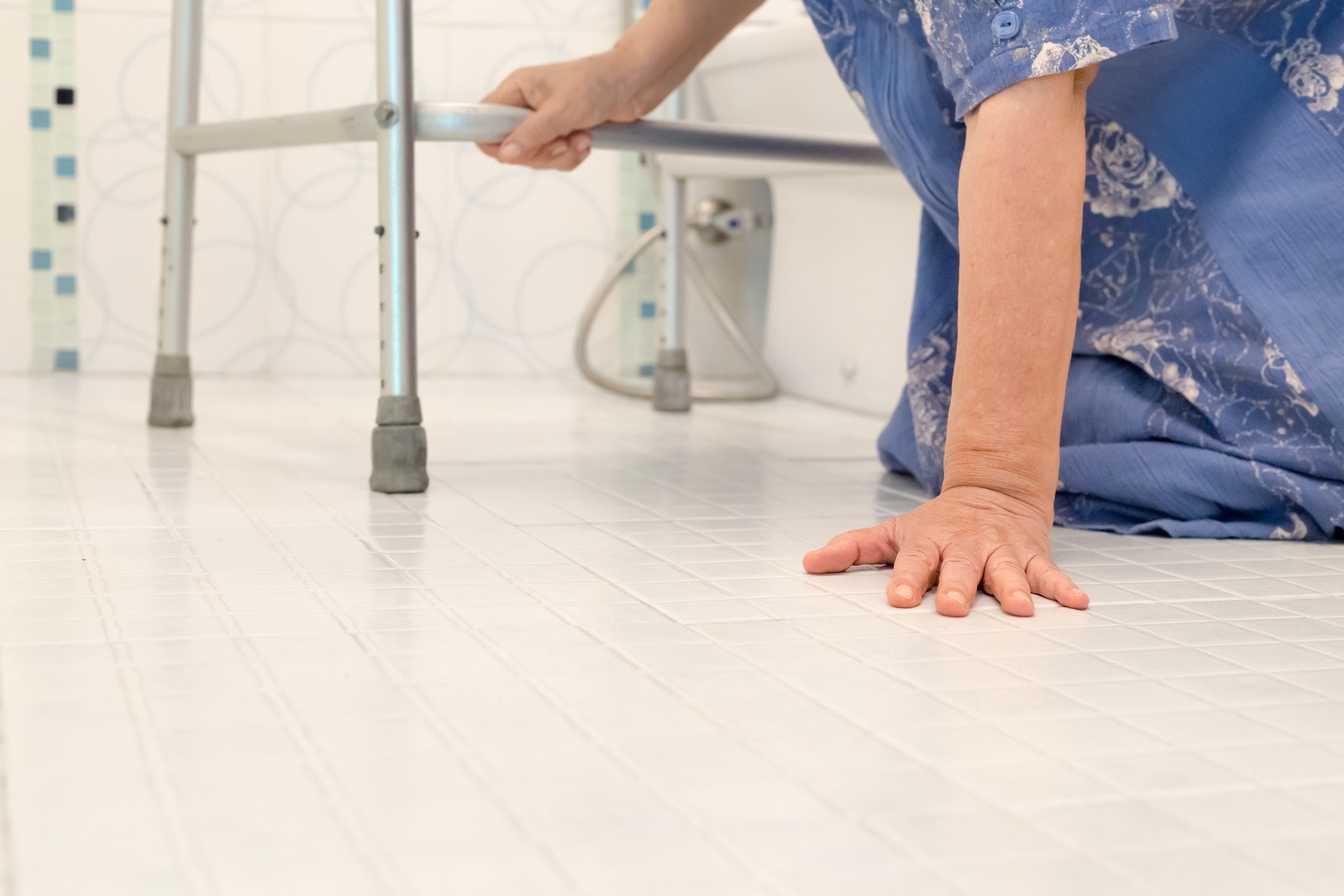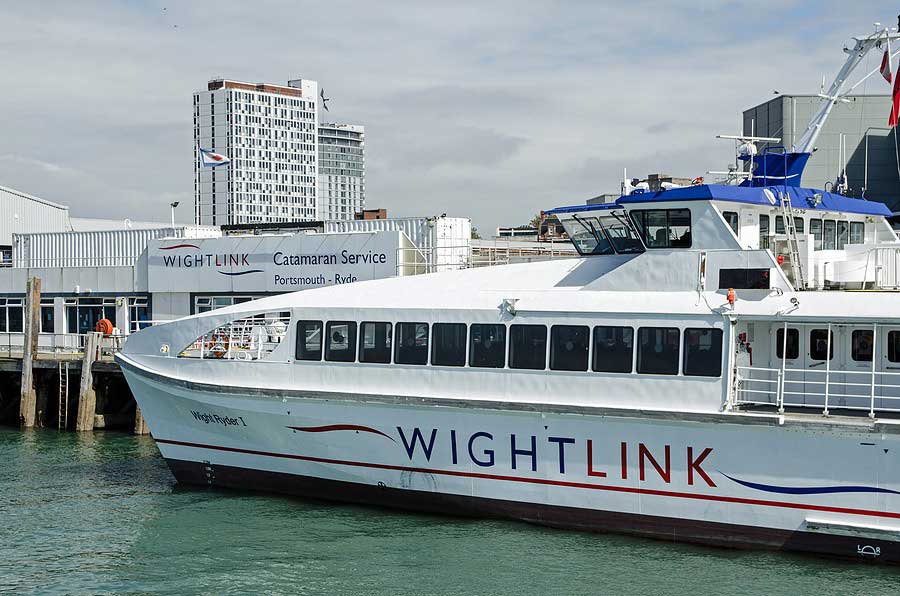
£1 Million Accessibility Funding For Ferries
The government has announced that £1 million in accessibility funding will be provided in order to make ferry journeys to the Isle of Wight and the Isles of Scilly more accessible. Operators are now able to bid for grants on projects that will help elderly and disabled people travel confidently on transport links connecting them to the mainland.
Bids can be for equipment such as accessible ticket machines and wheelchairs or for building works such as the installation of Changing Places toilets and ramp levelling.
The incoming bids will be assessed based on the number of passengers likely to benefit from the suggested improvements, as well as value for money. Applicants will need to send in a supporting letter from individuals or local disability charities, as well as three quotes in order to make sure that good value is being obtained.
Chris Heaton-Harris, accessibility minister, said: “These ports provide vital connections to the islands of the United Kingdom and it is imperative that they are accessible to all. We look forward to hearing some innovative and life-changing ideas, as we take another step towards creating a fully inclusive transport network.”
The funding forms part of the government’s National Disability Strategy, which sets out how the government plans to improve the everyday lives of disabled people. The strategy itself has been developed with the help of over 14,000 disabled people, as well as disability organisations, policy experts, businesses and others.
It sets out the actions that will have a positive impact on the everyday lives of disabled people, covering commuting, public transport, accessible homes, enjoying culture, using the high street, going online and more.
Need advice relating to easy access baths? Get in touch with Practical Bathing today.

